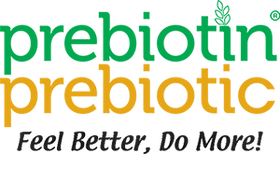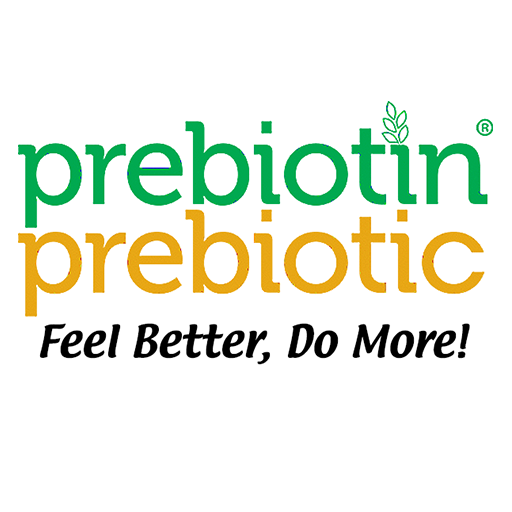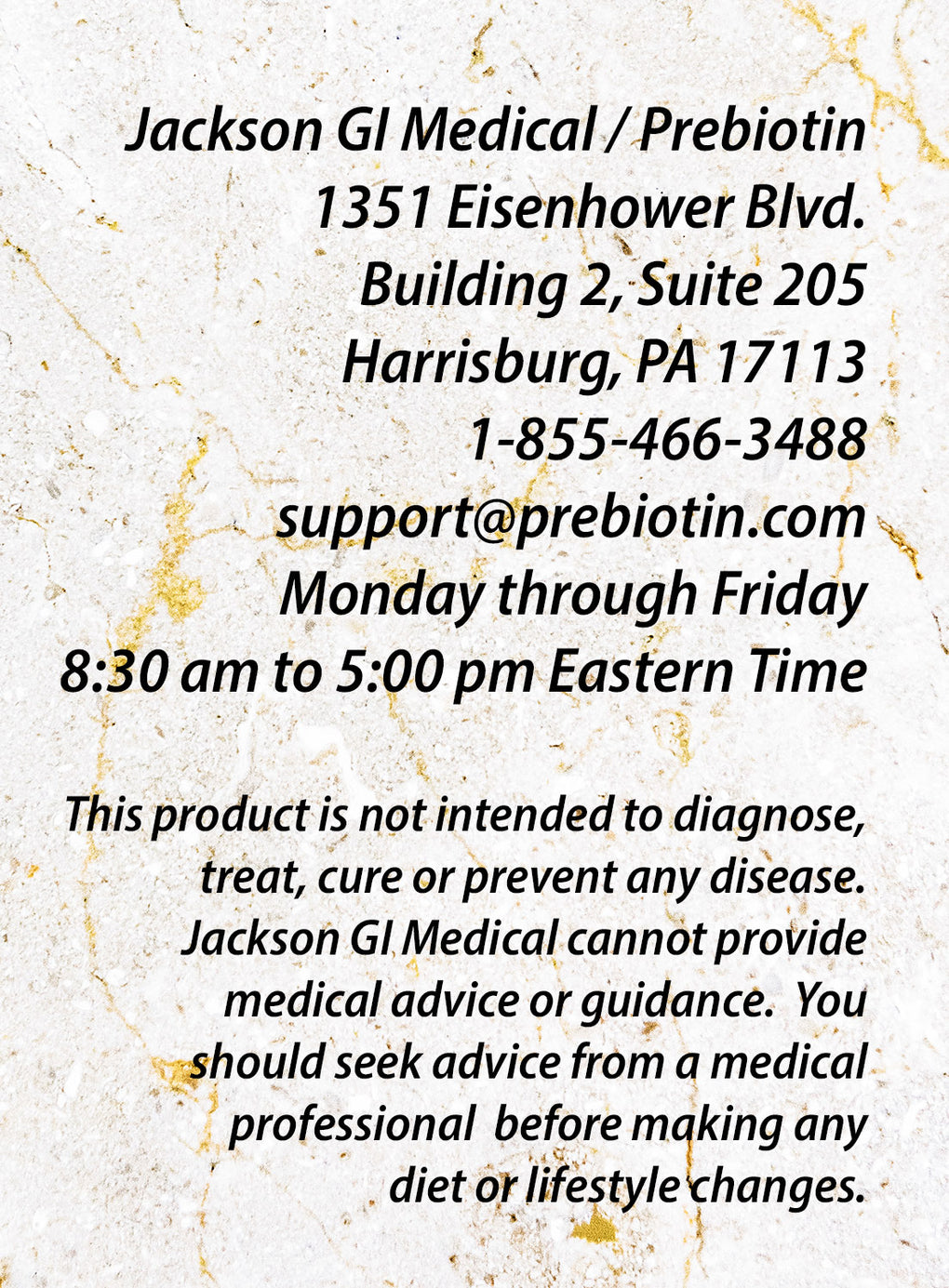
by Dr. Frank Jackson
Prebiotin Academy
Medical Concerns, Scientific Research and Diets
Heart and Cardiovascular
Resources on this page:
CURRENT NEWS
Researchers at The University of Toledo have successfully demonstrated that engineered bacteria can effectively reduce blood pressure, marking a significant breakthrough in the exploration of using our body’s microbiome to treat hypertension..
Read more about this topic:
"Hypertension: You May Soon Be Able To Lower Blood Pressure Without Meds New Study Reveals How"
by Puja Mopariya for Revyuh.com on October 22, 2023
Scientific Research
Diet continues to be a major focus of medical research in the prevention of coronary heart disease, still the highest cause of mortality in the western world.
The following article from U of North Carolina by renown researchers points to the effects of diet in causing and worsening coronary heart disease. In particular, note in the abstract that they point specifically to prebiotics which may well be therapeutic agents. More research is needed but the evidence is pointing in that direction.
Another 2014 article from researchers in Europe point to the same conclusion. The gut microbiome, meaning the vast collection of bacteria within the colon, is an intimate player in many of the metabolic disorders that occur in the body. What we eat makes a big difference in the makeup of the gut bacteria factory. Likewise, prebiotics may push this makeup in the correct way, encouraging the growth of bacterial groups that dramatically enhance cardiovascular welfare.
Dietary pro- and prebiotics for the management of cardiovascular risk.
The major actors in the gut microbiome are called short-chain fatty acids (SCFA). These substances are made in large quantities in the colon when the right bacteria, the Bifidus, and Lactose, are growing prodigiously. One of these SCFAs is called proportionate. This substance has been shown to reduce cholesterol. However, by far the star SCFA is butyrate. This is the substance that does many good things in the colon and beyond. It is the nutrient for the colon cells themselves. It heals the colon wall and may reduce a leaky gut. A leaky gut allows unhealthy substances and inflammatory factors to slide through and into the blood stream. Some of these end up in the wall of the coronary arteries where they do not belong. The article below reviews these facts.
Blogs

|
Are You Ben? A Father's Day MessageHow to Reduce Your Risk for Heart DiseaseBy Anne Mercer Larson |
Explore More
Medical Concerns, Scientific Research and Diets
-
Antibiotics and the Microbiome
-
C. Difficile
-
Calcium and Bone Density
-
Cancer
-
Celiac Disease and Gluten Intolerance
-
Children and Prebiotics
-
Colon Gas and Flatus
-
Colon Polyps and Cancer
-
Constipation
-
Crohn’s Disease
-
Diabetes Type 2
-
Diarrhea
-
Diverticulosis
-
Dysbiosis
-
End Stage Kidney Disease/Dialysis
-
Fatty Liver/Steatohepatitis
-
Fissure, Fistula and Abscess
-
Gut-Brain Connection
-
Heart and Cardiovascular
-
Hemorrhoids
-
High Fiber Diet
-
Immunity
-
Inflammatory Bowel Disease
-
Irritable Bowel Syndrome
-
Leaky Gut Syndrome
-
Low Fat Diet
-
Low Fiber Diet
-
Obesity and Weight Management
-
Toxins in the Colon
-
Ulcerative Colitis





